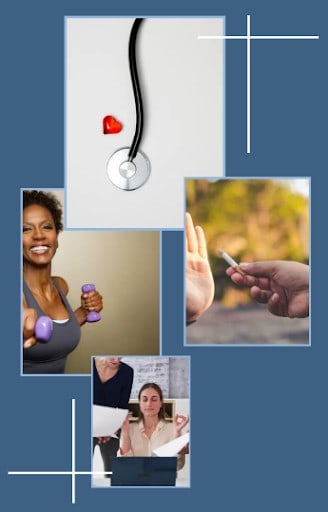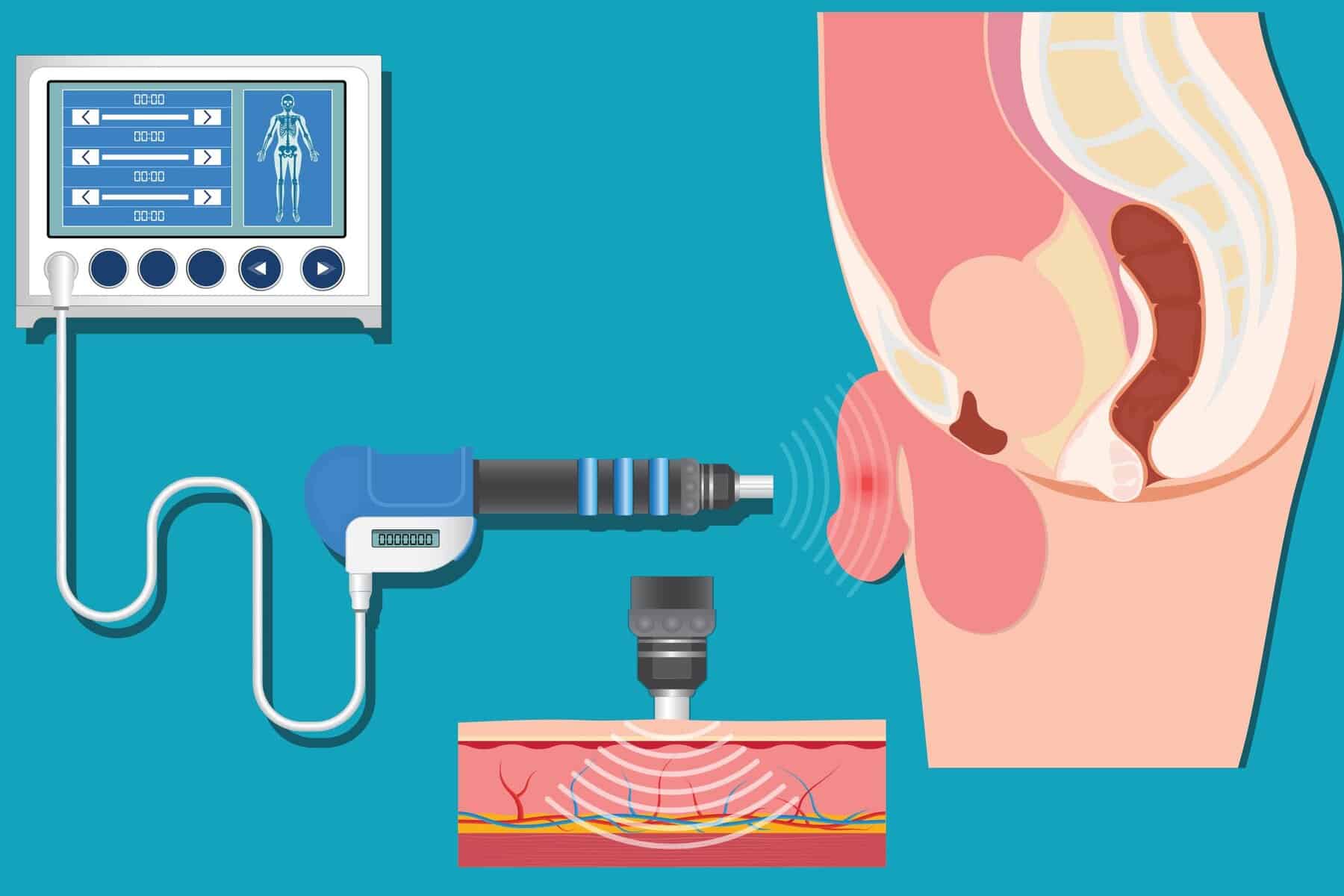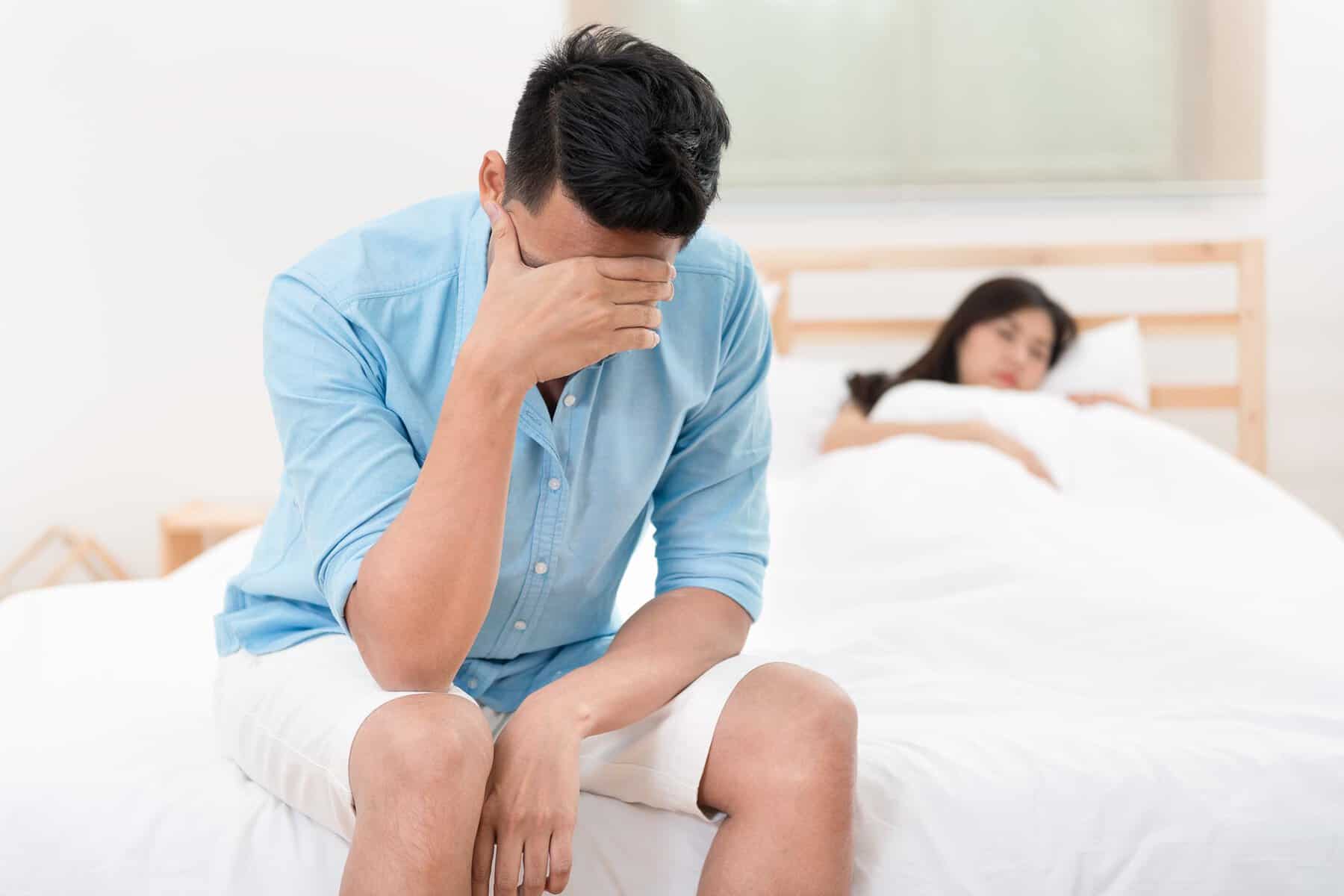Erectile dysfunction (ED) affects many men at some point in their lives, yet it remains a condition often surrounded by stigma and silence. Seeking treatment can significantly improve not only sexual health but also overall quality of life and confidence. Fortunately, there are a wide range of effective treatment options available. From simple lifestyle changes to advanced medical interventions, each solution meets different ED causes and needs.
Lifestyle Changes for Managing ED
Making adjustments to daily habits is often the first step in improving erectile function:
 Healthy Diet
Healthy Diet
A healthy diet rich in whole grains, fruits, vegetables and lean proteins can promote better blood flow, which is vital for maintaining an erection. Reducing processed foods and saturated fats may also help combat conditions that contribute to ED, such as high cholesterol or diabetes.
Regular Exercise
Regular exercise supports all factors that can reduce the symptoms of ED, including cardiovascular health, circulation and maintaining a healthy weight. Activities such as walking, swimming or resistance training may have a noticeable positive impact.
Stopping Smoking & Limiting Alcohol
Smoking and excessive alcohol use are known contributors to erectile problems. Stopping smoking and limiting alcohol intake can help improve erectile function.
Managing Stress & Anxiety
Stress and anxiety are also often linked to ED. Incorporating mindfulness, relaxation techniques or even counselling into your routine may help restore sexual performance and reduce anxiety around intimacy.
Oral Medications
Oral medications are the most commonly prescribed erectile dysfunction treatment. These include phosphodiesterase type 5 (PDE5) inhibitors such as Viagra (sildenafil), Cialis (tadalafil) and Levitra (vardenafil). They work by enhancing the effects of nitric oxide, a natural chemical in the body that relaxes muscles in the penis and increases blood flow.
While these medications can be effective for many men, they do not work for everyone and require sexual stimulation to be effective. Common side effects include headaches, flushing, nasal congestion and upset stomach. Some men may experience vision changes or more serious reactions, especially if taking nitrates for heart conditions.
Oral medications are easy to use and non-invasive, making them a first-line option for many people suffering with ED. However, they may not address the root cause, particularly when psychological or hormonal issues are involved.
Injectable Medications and Urethral Suppositories
For those who do not respond to oral medications, injectable treatments such as alprostadil offer an alternative. Self-injection therapy involves administering medication directly into the base or side of the penis using a fine needle. The medication relaxes blood vessels and muscles, encouraging an erection within minutes.
Urethral suppositories work similarly but are inserted into the urethra. While less invasive than injections, they may be less effective for some men.
These treatments can be highly effective, especially for men with physical causes of ED. However, they require a certain degree of comfort with self-administration and may cause side effects such as penile pain, prolonged erections or fibrous tissue formation.
Vacuum Erection Devices (VEDs)
Vacuum erection devices are non-invasive tools that create an erection using suction. The device consists of a plastic cylinder placed over the penis, a pump to create vacuum pressure and a constriction ring to maintain the erection once achieved.
VEDs offer a practical solution for men who cannot take medication or prefer drug-free treatments. They are effective for a wide range of causes, including after prostate surgery or in cases of nerve damage.
However, some men find them cumbersome or unappealing. The erection may feel less natural, and there may be temporary side effects such as numbness or bruising.
Hormone Therapy
Hormonal imbalance, particularly low testosterone, can be a contributing factor in erectile dysfunction. Hormone therapy, such as testosterone replacement, may be recommended after blood tests confirm a deficiency.
Treatment can come in the form of injections, patches, gels or implants. When effective, hormone therapy can restore libido, energy levels and erectile function.
However, it is not suitable for all cases of ED and may have side effects including acne, sleep apnoea, increased red blood cell count or fertility issues.
Surgical Treatments
Surgery is usually considered when other treatment options have failed or are not suitable.
Penile Implants
Penile implants are one of the most effective surgical treatments for ED. These implants can be either inflatable or semi-rigid, allowing for controlled erections.
Vascular Surgery
Vascular surgery, such as a penile artery bypass, may be recommended in cases where blood flow to the penis is restricted due to injury or vascular disease. These procedures aim to restore adequate blood supply therefore promoting stronger erections.
Surgical treatments can offer long-term solutions but come with the usual risks associated with surgery; including infection, implant malfunction or dissatisfaction with the result.
Psychological and Counselling Treatments
Psychological causes such as performance anxiety, depression or relationship problems are common contributors to ED. In these cases, therapy can assist.
Cognitive-behavioural therapy (CBT) helps patients identify and change thought patterns that may contribute to anxiety and ED. Couples counselling can also be beneficial when relationship dynamics are a factor.
For men whose ED is driven by emotional or psychological concerns, therapy can be just as effective as physical treatments and often works best in combination with medical support.
Shockwave Therapy for ED
Shockwave therapy for ED is an innovative and non-invasive option growing in popularity. This treatment uses low-intensity sound waves to stimulate blood vessel growth and improve circulation in the penis.
Unlike medications that only treat symptoms, shockwave therapy targets the underlying physical causes of ED. Treatment typically involves several sessions over a number of weeks and is performed without the need for anaesthesia.
Patients often report improved erectile function with minimal side effects, such as mild discomfort or tingling during treatment. Research into shockwave therapy is still ongoing, but early results are promising, particularly for men with vascular-related ED or those who do not respond to medication.

Alternative and Natural Treatments
Some men explore natural or complementary therapies for ED, though these should be used with caution and under professional guidance.
Herbal Remedies
Herbal remedies such as ginseng, L-arginine, and yohimbine are often marketed for sexual performance, but evidence of their effectiveness is mixed.
Acupuncture
Acupuncture is another alternative therapy that may help reduce anxiety and improve circulation, though results can vary significantly.
While some men find benefit in these options, it’s important to ensure any supplement or treatment is safe and does not interfere with existing medications or health conditions.
Choosing the Right Treatment for You
Erectile dysfunction is a complex condition that often results from a combination of physical and psychological factors. Choosing the right treatment depends on the underlying cause, severity and personal preference. For some, a simple lifestyle change or oral medication may suffice. For others, a combination of therapies may offer the best outcome.
It’s essential to speak to a qualified healthcare professional to explore your options and determine a personalised treatment plan that works for you and your lifestyle.
Regain your confidence with expert ED support
The Forbury Clinic offers a range of erectile dysfunction treatment options, including advanced approaches such as shockwave therapy for ED. Our team of medical specialists provide discreet, compassionate care tailored to your individual issue. Professional help for erectile dysfunction is available at The Forbury Clinic – contact us today to take the first step towards improving your sexual health and overall wellbeing.


